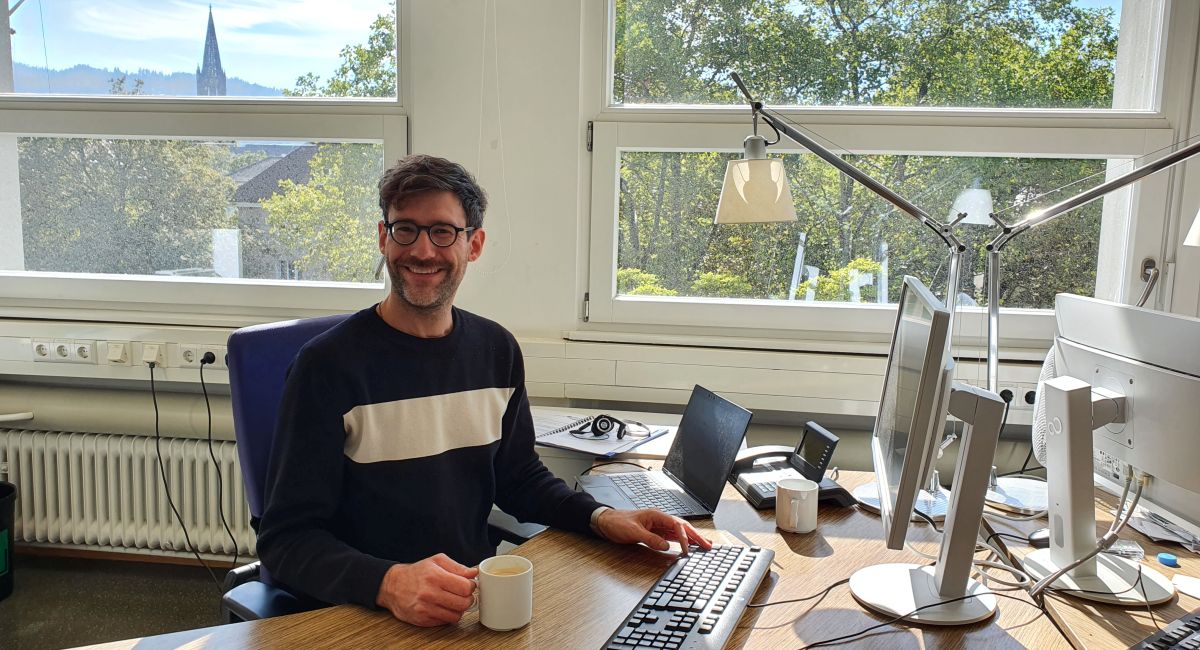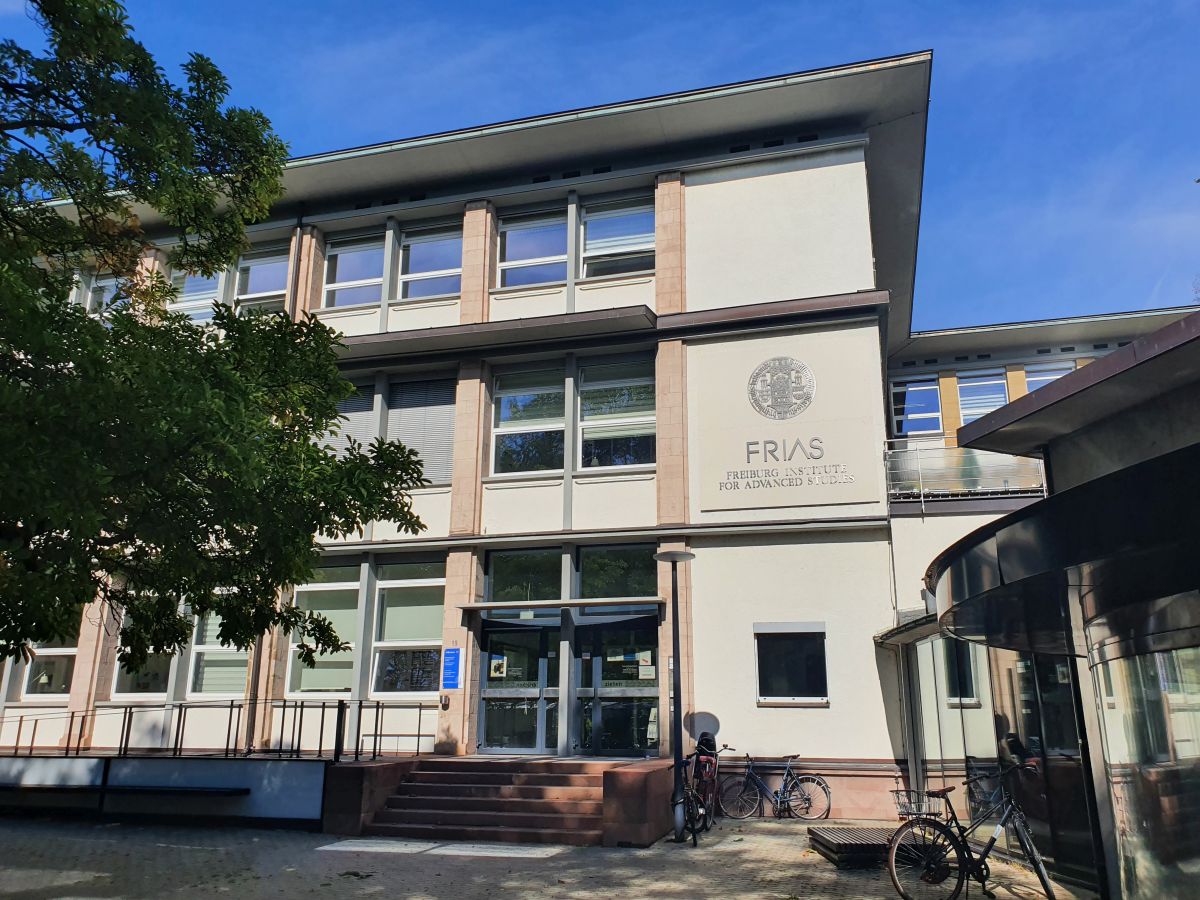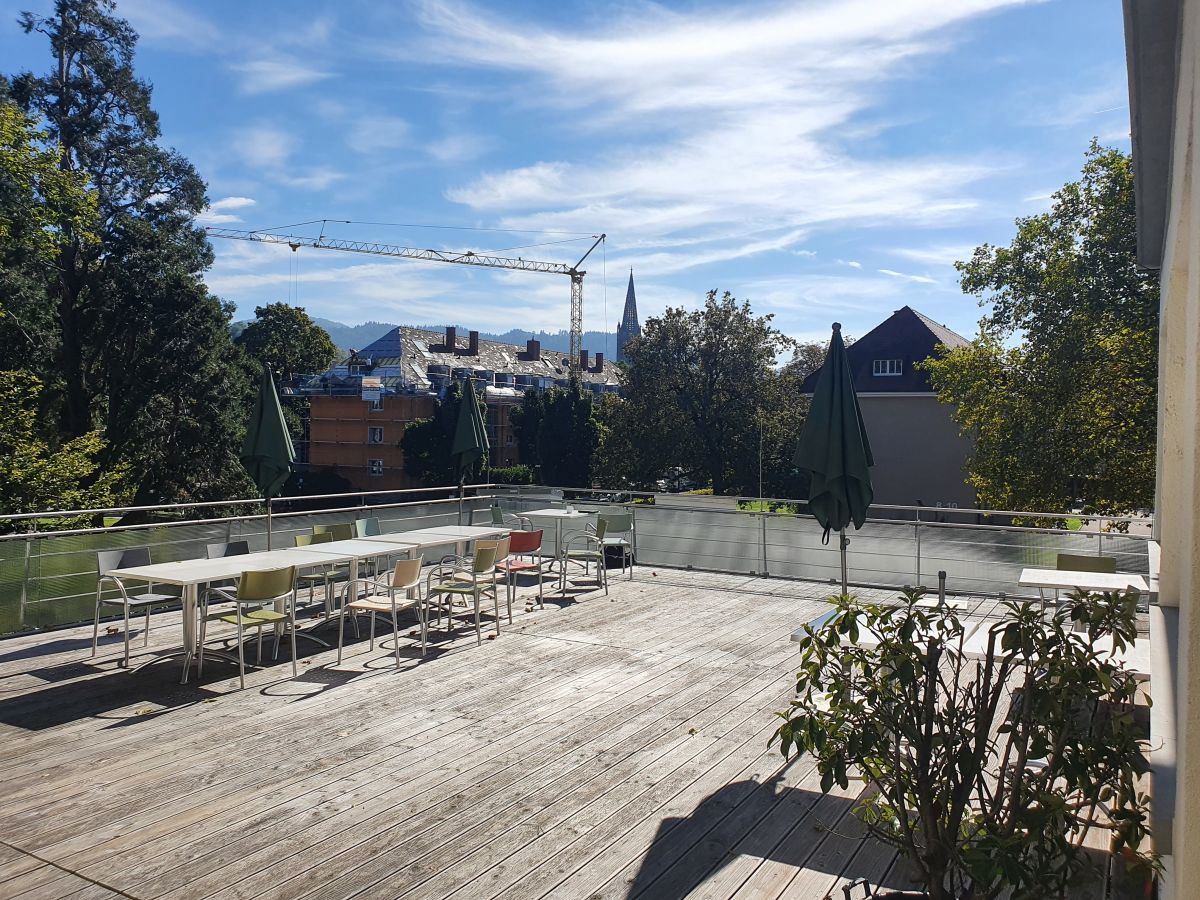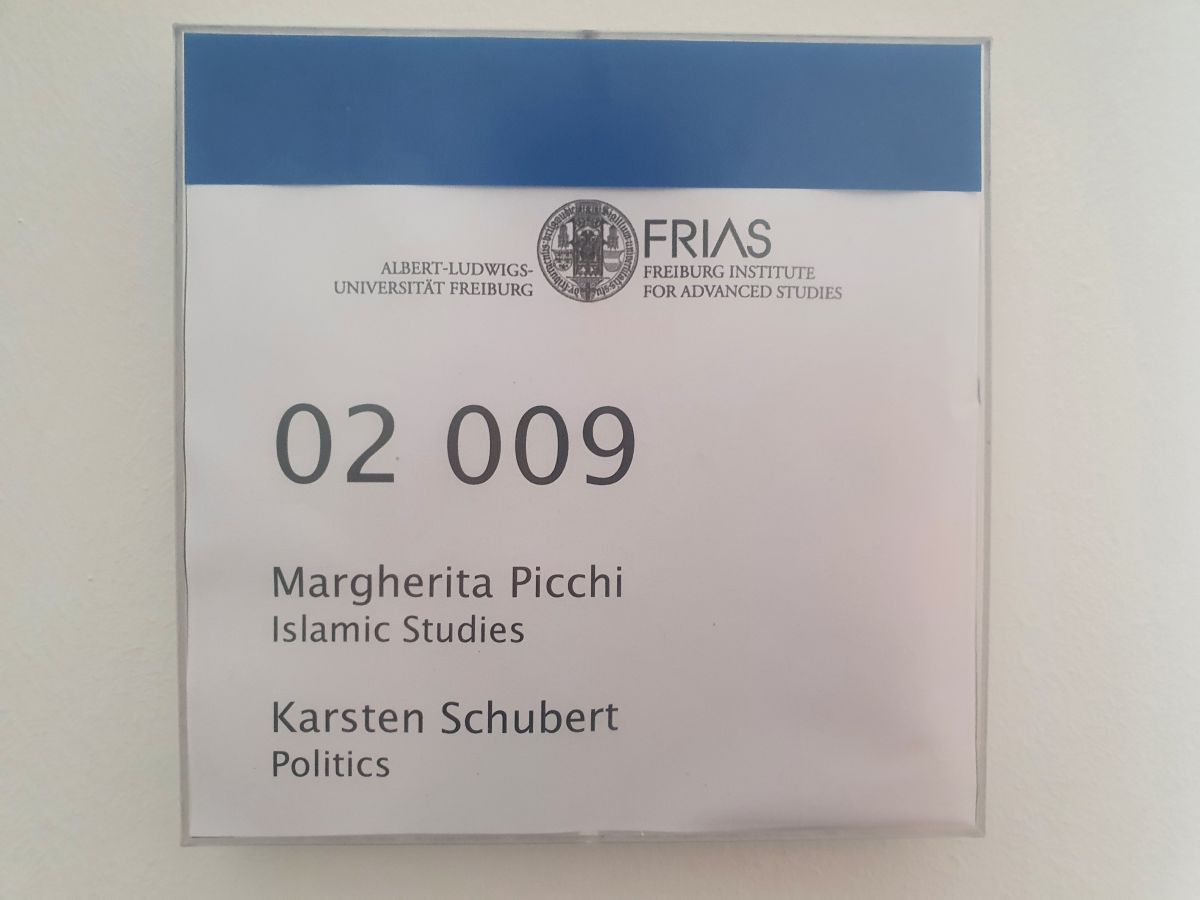Fellowship am FRIAS: Ein Jahr Forschung zu Identitätspolitik und elite capture!

Today is my first day in my new position as a fellow at the Freiburg Institute of Advanced Studies. The one-year fellowship allows me to pursue my research project titled: A Matter of Elites? Identity Politics Between Democratic Representation and Elite Capture. I am extremely happy and thankful for this opportunity. The fellowship includes funding for substitute lecturers to cover my teaching and administrative obligations at the Freiburg Political Science Institute, as well as research and event funding. Stay tuned for an upcoming workshop on elite capture and representation. I look forward to inspiring interdisciplinary exchanges with my fellow fellows here!
A Matter of Elites? Identity Politics Between Democratic Representation and Elite Capture
In contemporary politics, the voices of privileged people are overrepresented, while the voices of people discriminated against are underrepresented or excluded altogether. Identity politics is a response to this exclusion. It is necessary for further democratizing democracy – that is, for repairing the relations of representation that have been distorted by historical injustice. However, identity politics is not only a means of correcting distorted representation. It can also contribute to distorted representation itself through “elite capture”, the taking of identity politics by elites. Are the representatives of identity politics not mostly from an educated and privileged class, which talks past people discriminated against? Are they pursuing their own political goals that are hardly related to discrimination that matters? I hypothesize that recent scholarship on representation helps to solve the problem of elite capture in identity politics by first better understanding the constitutive character of representation and thus the importance of representatives within identity politics, and, second, by contributing to a complex understanding of the legitimacy of identity-political representation as a form of critical reflexivity and the empowerment of constituencies. This allows for understanding elite capture not as a problem of the influence of elite actors, but as the discursive dominance of a non-intersectional understanding of identity that supports privileged subgroups.




- Identity politics and the democratization of democracy. Oscillations between power and reason in radical democratic and standpoint theory - Neuer Artikel in Constellations, 4. October 2023
- Neuer Artikel: Eine Sache der Eliten? Identitätspolitik zwischen demokratischer Repräsentation und elite capture - APuZ Schriftenreihe, 14. February 2023
- Neue Publikation: Konstruktivistische Identitätspolitik. Warum Demokratie partikuare Positionierung erfordert (Zeitschrift für Politikwissenschaft), 25. October 2021
- Themenschwerpunkt: Die Auflösung des liberalen Konsens (ZfPT), 25. January 2024
- Neuer Artikel: Demokratisierung durch Filter Bubbles. Affordanzen der Schließung und Öffnung, 26. June 2023